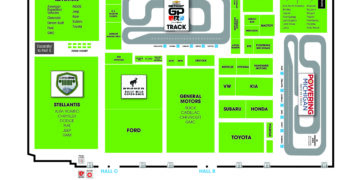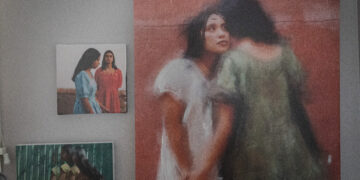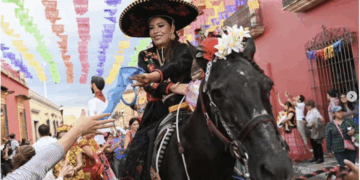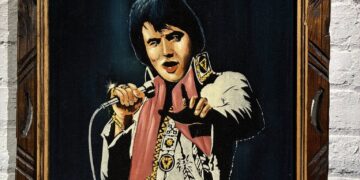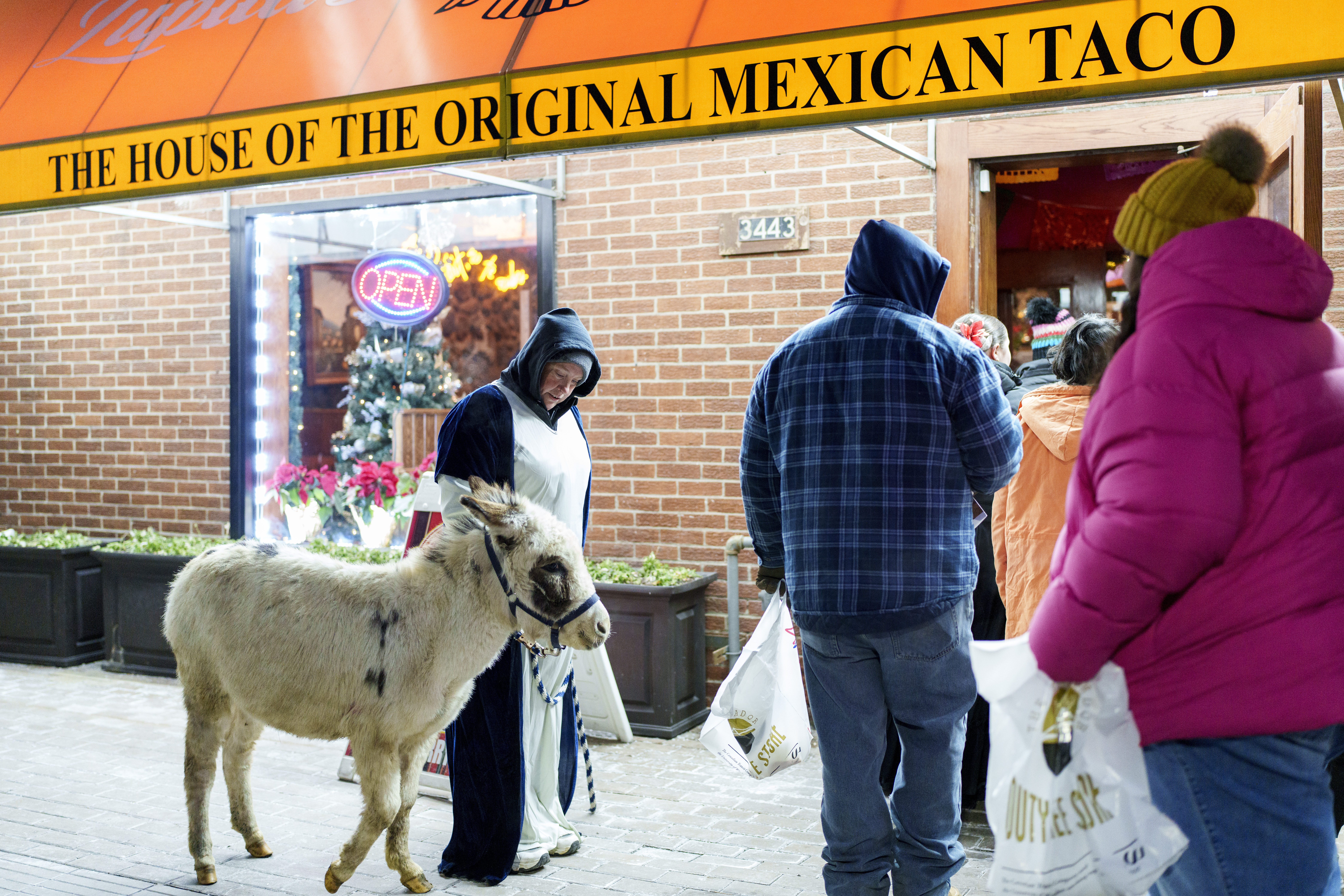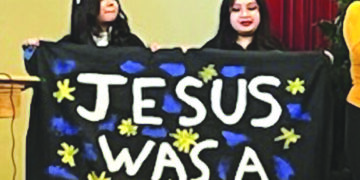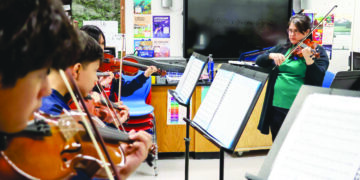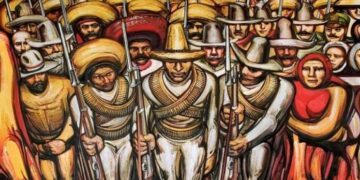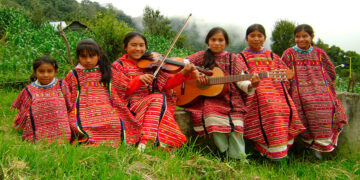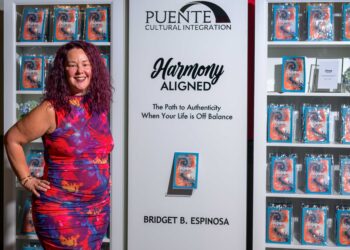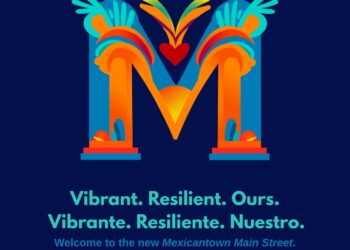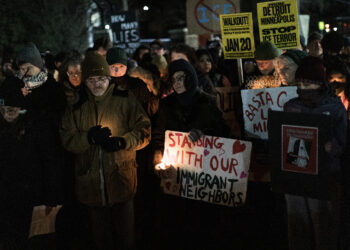Spirit Plaza came alive last Thursday, July 10, during Love@Nite: CONTAINER Takeover, the official afterglow of the Global Citizen NOW: Detroit festival. Set against the heart of downtown, the event pulsed with color, movement, and sound, merging music, art, food, fashion, and storytelling into one immersive celebration of Detroit’s creativity across the diaspora.
At the center of the evening was a powerful cultural activation led by music icon Wyclef Jean and Ayiti Spaghetti, a Haitian culinary and arts collective. Their presence marked a celebration not just of Haitian culture but also of its deep ties to other immigrant communities in Detroit, particularly the African diaspora, including the Middle Eastern, Mexican, and Latinx communities.
Kwaku Osei, Executive Director of The Love Building, has a history that is deeply rooted in Black culture and community connection leading up to this event.
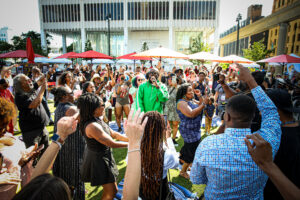
“Detroit being close to 80% black population within this city, one of the largest in the country. We’re [Love@ Night] just shining the spotlight on what already exists, and by shining that spotlight, [we’re] supporting more folks to become aware of what’s happening here in our beautiful and diverse city.”
Culinary Chef Jermond Booze, the Advanced Program Lead at the Detroit Food Academy, served up food, including jerk chicken and mac and cheese for the soul, to ensure attendees could experience a part of the cultural diaspora.
“Food is one of the biggest storytellers,” Booze said.
“When you think of France, you can literally think of the foods there. Food often equates to the character and the spirit of a city. That’s what we did for the afterglow.”
The Haitian and Mexican communities share more than proximity in Detroit. Historically, both cultures have resisted colonial forces, preserved indigenous and African traditions, and expressed their stories through vibrant music, spirituality, and communal foodways. Events like Love@Nite showcased this shared legacy through cumbia-infused DJ sets and fashion, reflecting Indigenous aesthetics.
Reflecting those aesthetics through fashion, Nabeela Najjar, who is of mixed race as a Black and Arab, draws inspiration from her life experiences, dreams, and nature.
“My biggest goal is making a name for myself in Detroit and helping the city become a fashion hub,” Najjar said.
“I do storytelling through my work, incorporating stories that have affected my hometown and Detroit. Most of my designs are hand-dyed, using real tree bark, and I try to be as sustainable as possible.”
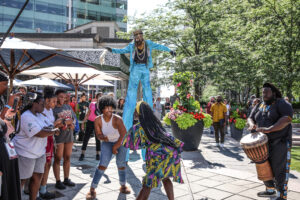
Southwest Detroit, home to the city’s largest Mexican population, has long been a cultural hub for Latinx identity and immigrant storytelling. Its residents have used murals, lowrider art, folkloric dance, and food as vehicles of expression, much like Haitian and African communities have preserved their narratives through Vodou-inspired art, kompa music, and communal cooking. That parallel created a natural harmony throughout the event.
While Love@Nite has become a living archive of cultural resistance and joy. Detroit’s neighborhoods, such as the Core City, where the Love Building is located at 4731 Grand River Ave., have become a meeting point for communities that were often segregated in different neighborhoods, united through a shared history of survival, creativity, and migration.
“Detroit is in the stage where it’s not just a resurgence or Renaissance, events like this it’s more of just the love for the city itself,” Booze said.


